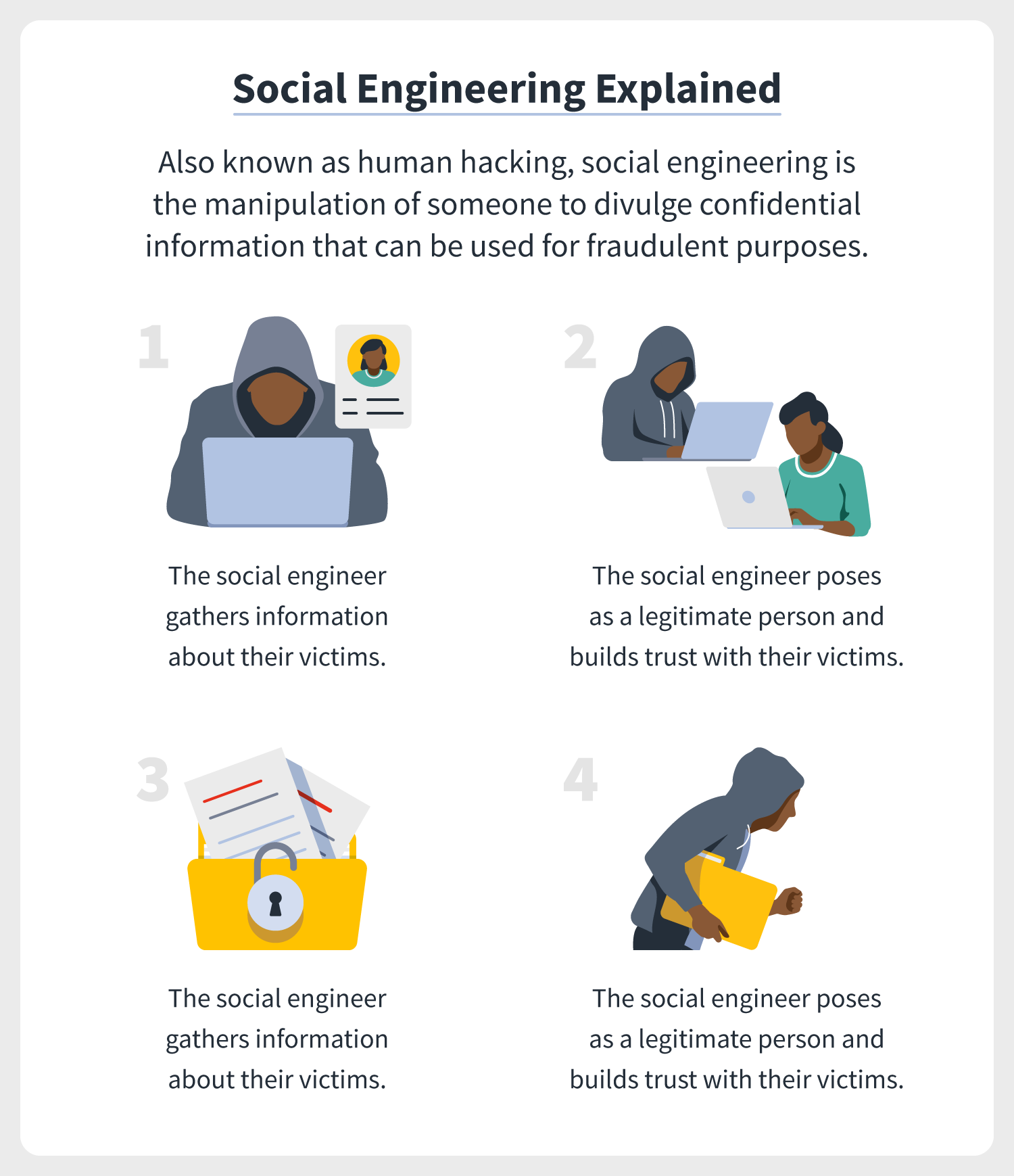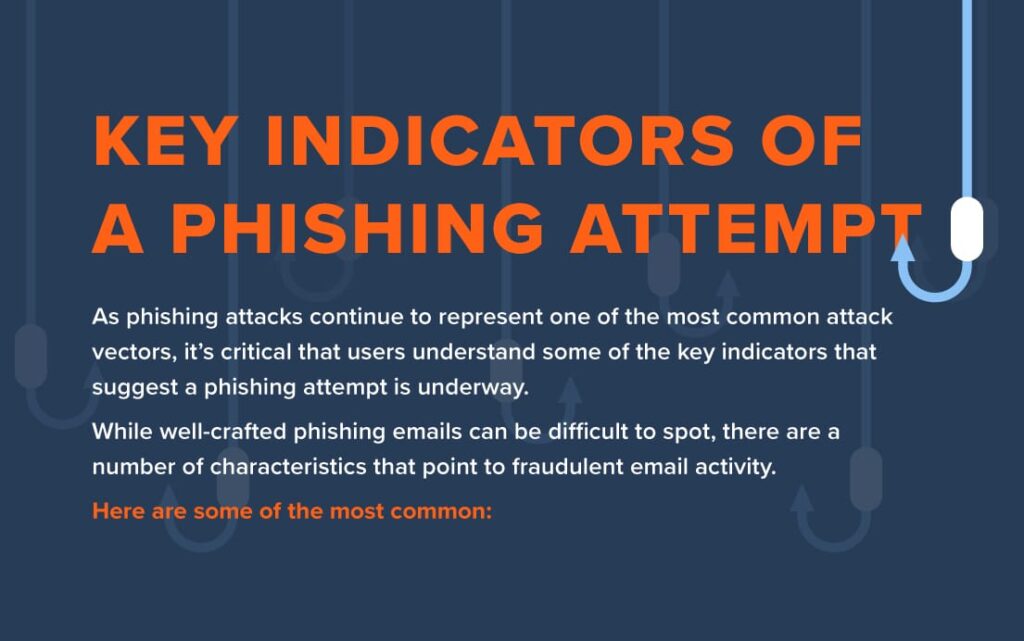Social engineering is a term used to describe the techniques used by malicious actors to manipulate people into providing access to confidential information or resources. It has become an increasingly common form of attack, due to the ease of access to technology and the amount of personal information freely available online. Yet, one of the most commonly asked questions about social engineering is whether it is illegal.
The answer to that question is both yes and no. While most forms of social engineering involve deception and manipulation, which are usually illegal, there are certain circumstances where it may not be. It all depends on the context and the intent of the social engineer. In this article, we will discuss what social engineering is, why it is used, and the legal implications of engaging in it.

What is Social Engineering?
Social engineering is a form of manipulation used to access confidential information and resources. It involves tactics such as impersonation, deception, and manipulation of individuals to convince them to provide confidential information or resources. It is a form of cybercrime that has become increasingly common in recent years.
Social engineering is a type of attack that uses psychological manipulation to gain access to sensitive information or resources. It relies on exploiting human psychology, rather than technical weaknesses, to gain access to a system, network, or physical location. Social engineers use a variety of tactics to gain access, such as impersonation, deception, and manipulation.
Is Social Engineering Illegal?
Social engineering is a form of fraud and is illegal in many jurisdictions. In the U.S., the Computer Fraud and Abuse Act of 1984 makes it illegal to access a computer without authorization. The Act also makes it illegal to use social engineering to gain access to a computer system or network.
Additionally, the U.S. Federal Trade Commission (FTC) has enacted the FTC Act which prohibits deceptive and unfair practices. It is illegal to use any deceptive or unfair means to obtain someone else’s sensitive information.
Social engineering can also be a violation of the law in other countries. In the UK, the Computer Misuse Act 1990 makes it illegal to gain access to another person’s computer system without authorization. Similarly, in Canada, the Criminal Code makes it illegal to gain access to another person’s computer system without authorization.
Penalties for Social Engineering
The penalties for social engineering vary depending on the jurisdiction and the severity of the offense. In the U.S., the penalties for social engineering can range from fines to jail time. The penalties for social engineering in other countries can also vary depending on the laws of that country.
In the U.S., the Computer Fraud and Abuse Act of 1984 carries a maximum penalty of up to 20 years in prison, depending on the severity of the offense. Additionally, the FTC Act carries civil penalties of up to $40,000 per violation.
In other countries, the penalties for social engineering can range from fines to jail time, depending on the laws of that country.
Preventing Social Engineering
The best way to prevent social engineering is to be aware of the tactics used by social engineers and to take steps to protect yourself and your confidential information. Businesses should also implement security protocols, such as two-factor authentication and strong passwords, to help protect against social engineering attacks.
Individuals should be aware of the tactics used by social engineers and be aware of any suspicious emails, phone calls, or other communications. Additionally, individuals should use strong passwords and two-factor authentication when possible.
Businesses should also implement a policy for employees to follow when handling confidential information. The policy should include steps such as verifying the identity of any individual requesting confidential information, using two-factor authentication, and being aware of any suspicious emails or phone calls.
Additionally, businesses should invest in security protocols such as two-factor authentication, strong passwords, and other measures to help protect confidential information.
Frequently Asked Questions
Social engineering is a type of attack that relies on human interaction to manipulate people into performing actions or divulging confidential information. It is a form of fraud and is illegal in most countries.
Is Social Engineering Illegal?
Yes, social engineering is illegal in most countries. It is considered a type of fraud, and as such is punishable under criminal laws. Depending on the severity of the case, a person found guilty of social engineering may face fines, jail time, or both.
Social engineering is considered a serious offense and can have significant consequences for both the perpetrator and the victim. In some cases, victims of social engineering may be entitled to compensation for any losses suffered as a result of the crime. It is important to be aware of the potential risks associated with social engineering, and to take steps to protect yourself from it.

What is Social Engineering in Cyber Security? Explained
To conclude, social engineering is a complex issue with no clear-cut answer. While it is true that certain activities such as fraud and identity theft are illegal, many aspects of social engineering are not strictly illegal. It is important to remember that social engineering is a form of manipulation, and as such, should be used responsibly.
Ultimately, it is up to the individual to understand the implications of social engineering and how to use it ethically. By understanding the risks and dangers associated with social engineering, individuals can make informed decisions about when and how to use this powerful tool. With the right approach, social engineering can be a powerful tool for legitimate purposes.



